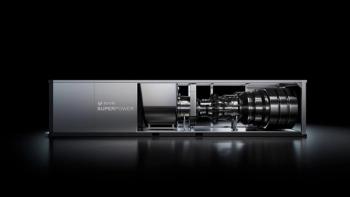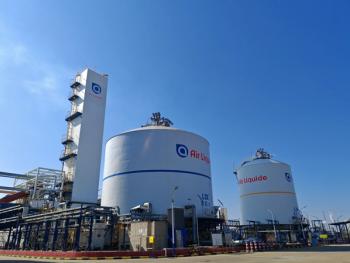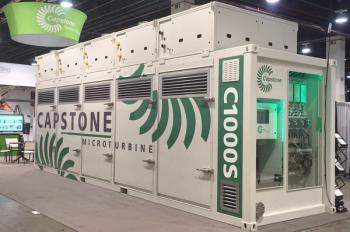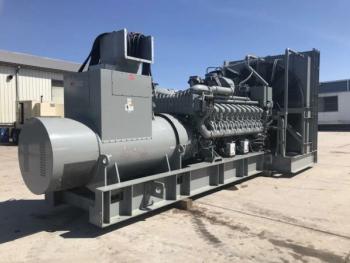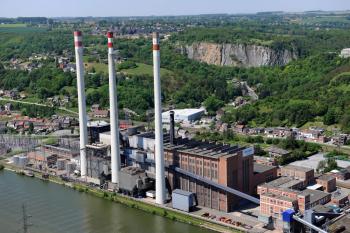
Are recuperators always great?
Recuperators have been used by a number of manufacturers to increase their gas turbine's efficiency. The recuperator is a heat exchanger that utilizes the gas turbine's hot exhaust air to pre-heat the combustion air. If done properly, theoretical efficiency improvements up to 20% are possible over a wide operating range. This advanced cycle is often applied to small to mid-size electrical power generation gas turbines (30 kW to 6 MW) so that they can compete with reciprocating engines on efficiency.
In general, this is a very good thing, but there are some applications where a recuperator on a gas turbine may not be appropriate. Here are some of the issues the operator should consider: Recuperators can only provide a significant efficiency improvement for lower compression ratio gas turbines.
For example, for a 2000 degree F firing temperature gas turbine, a recuperator can provide a theoretical efficiency gain of 5% if the compression ratio is 10:1. However, if the compression ratio is above 15:1 the recuperator provides no efficiency benefit whatsoever at full load. This is due to the fact that the heat of compression will reach and exceed that of the exhaust gas temperature at higher compression ratios. Clearly, some of the modern gas turbines that operate with compression ratios of 30:1 and above will gain little benefit from a recuperator (except for maybe at very low part-load operation).
Also, some gas turbine manufacturers have attempted to retrofit their existing simple cycle models with a recuperator to boost efficiencies: In most cases this led to a lower than anticipated performance improvement because the recuperator was not optimally matched to the thermodynamic cycle of the gas turbine and because the recuperator causes increased exhaust and compressor discharge pressure losses.
Generally, a recuperator's efficiency decreases much faster than the rest of the GT efficiency as the heat exchange tubes foul and form deposits which affect the heat transfer efficiency and pressure drops. Recuperators cannot be borescoped so it becomes difficult for an operator to predict time-to-failure (unlike for most other parts of the GT).
As any efficient recuperator must be large (to minimize pressure drops), the principal advantage of gas turbines over other combustion engines, their very high volume power density, is lost with a recuperator. The above points are a few to consider when deciding when deciding between a recuperated and non-recuperated gas turbine.
Newsletter
Power your knowledge with the latest in turbine technology, engineering advances, and energy solutions—subscribe to Turbomachinery International today.

